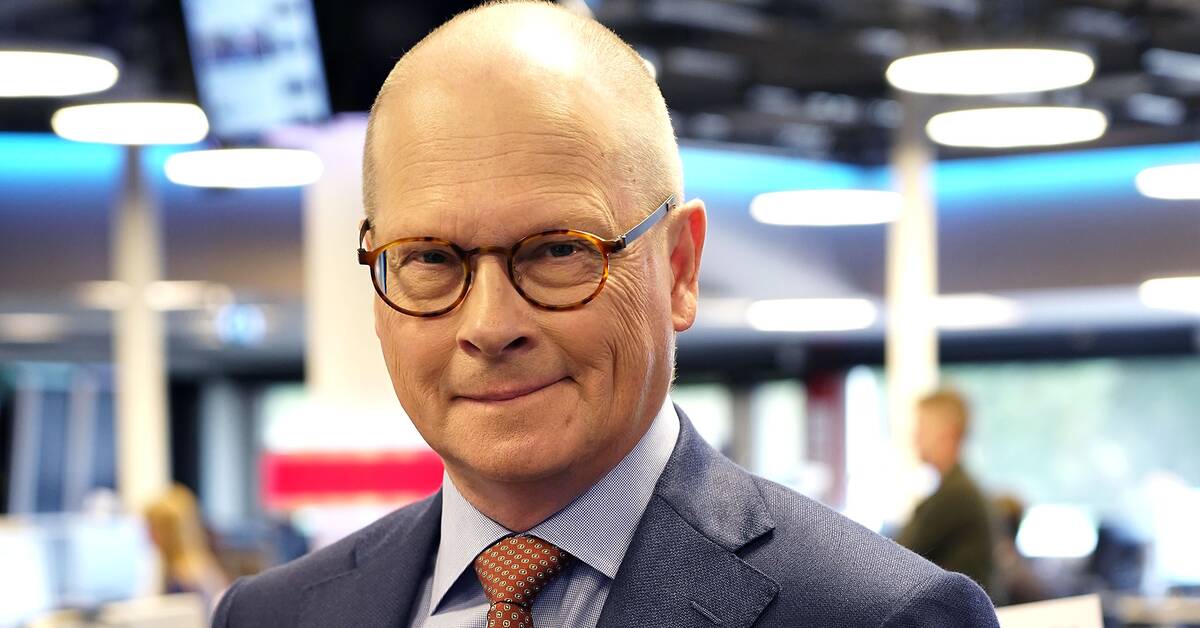During the election campaign, there was a great focus on the government issue and the contradictions that could be discerned within both government alternatives.
Moderate leader Ulf Kristersson constantly downplayed the differences of opinion in his own government background and the difficulties he would have to deal with if he won the election.
Rather, the message was that he and his partner parties were in agreement on the major issues.
There would be no problem with forming a government, was the message in most interviews and hearings.
It has now been a month since election day.
The government formation is thus already the second longest in Sweden since universal and equal suffrage was introduced.
After the 2018 election, it took 134 days to form a government, and although no one believes that this government formation will be as prolonged, it is already deviating from how it usually looks in Sweden.
Underestimated the difficulties
It is obvious that Ulf Kristersson underestimated the difficulties in uniting his government base, not least parties such as the Liberals and the Sweden Democrats.
The leaks have not been many during this process, but the ones that have been have indicated that contradictions were great between, above all, L and SD.
On Wednesday, Kristersson will submit his final report to the speaker.
If he is forced to ask for more time, the criticism will be harsh, not least in light of his attempts during the election campaign to play down the differences of opinion in his government background.
Difficult to counter a deepening economic crisis without a new government
But the economy is also in the pot.
The state of the Swedish economy is deeply worrying on several levels.
Inflation is high, which means that food, among other things, has become increasingly expensive.
The Riksbank has raised interest rates, which has also led to mortgage rates skyrocketing.
This also puts pressure on indebted households and may in the next step trigger a crisis in the housing sector.
At the same time, electricity prices have been sky-high and many households fear a winter in which electricity and energy prices risk becoming even higher.
In addition, the price of diesel hits a new record at the same time that the price of petrol has also been raised.
As long as a new government is not in place, it is difficult to make decisions about measures that can counteract or slow down a deepening economic crisis, or to deal with the ongoing energy crisis.
A transitional government has only limited ability to present policy proposals.
In the election campaign, the parties competed to promise compensation to households for high electricity bills.
Moderate leader Ulf Kristersson's election promise was to have a model with an electricity price cap ready by November 1, which would help hard-pressed households.
How this will turn out is still unclear, but considering that almost half of October has already passed, it will be difficult to fulfill this promise.
The pressure is increasing on Ulf Kristersson
Another factor is the security policy situation in the world.
The NATO process continues to grind on, but there is still no lightening in terms of Turkey's attitude to Swedish membership.
At the same time, the suspected sabotage against Nord Stream 1 and 2 testify that the security situation in the Baltic Sea has further deteriorated.
The Russian demands for transparency in the Swedish criminal investigation have been rejected by the Swedish government.
The question, however, is how Russia reacts to this.
A deepening security policy crisis in Sweden's immediate vicinity should not be ruled out.
All of this together increases the pressure on Ulf Kristersson to deliver a message to the speaker on Wednesday that means the Riksdag can convene for a prime ministerial vote.
In that case, a new government could be in place as early as next week.

